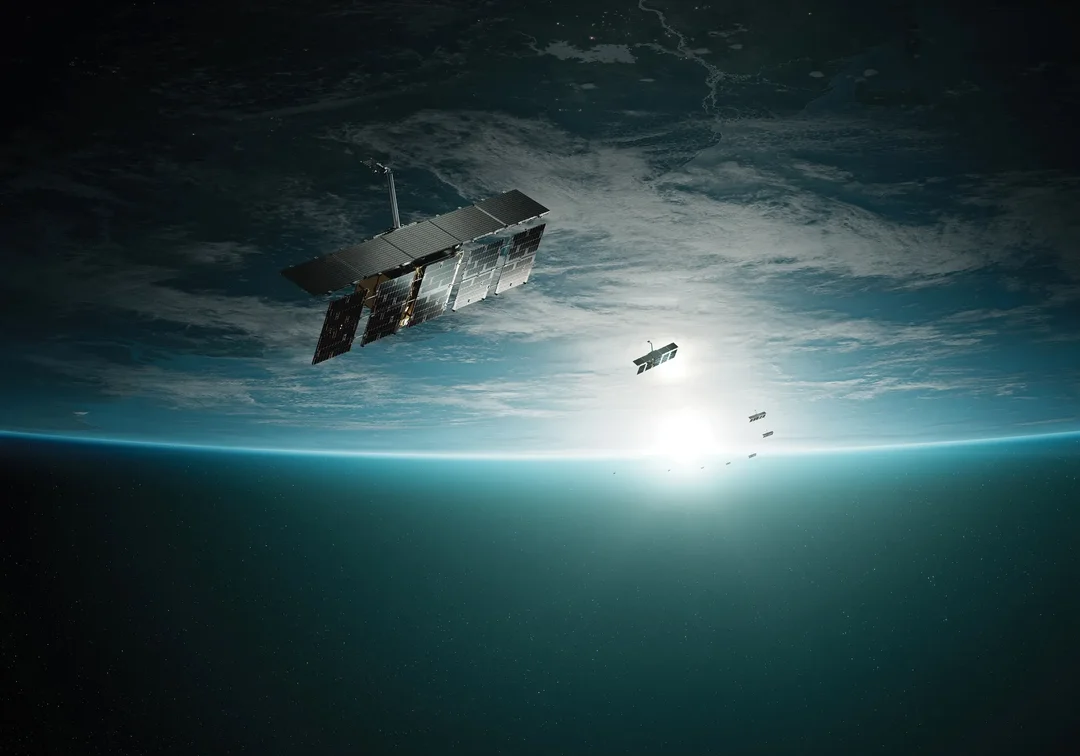
Poland Invests $227M in ICEYE Satellite System to Bolster Defense Capabilities
In a significant move to enhance its national security, Poland has signed a $227 million deal with ICEYE Oy to acquire three synthetic aperture radar (SAR) satellites. This investment aims to provide Poland's armed forces with advanced surveillance and intelligence capabilities, addressing the growing need for independent monitoring in a volatile geopolitical landscape.
The contract, valued at 860 million zloty, not only includes the satellites themselves but also a ground segment developed in collaboration with the state firm Wojskowe Zaklady Lacznosci 1 (WZŁ-1). An option exists to add more units within the next 12 months, signaling Poland’s commitment to expanding its space-based reconnaissance assets.

Władysław Kosiniak-Kamysz, Poland’s Deputy Prime Minister and Minister of Defense, emphasized the strategic importance of this acquisition, stating, "This is a great day for the Polish Armed Forces and Poland because they are gaining full independence in radar reconnaissance and imaging." This statement underscores Poland's ambition to achieve sovereign intelligence capabilities, especially in light of Russia's ongoing aggression in Ukraine.
ICEYE’s SAR satellites offer a crucial advantage: they can monitor terrain regardless of weather conditions or time of day. Unlike traditional optical satellites that rely on visible light, SAR systems utilize radar waves to generate detailed images of the Earth's surface. This capability is particularly valuable for military applications, where all-weather imagery can be decisive in operations.

Weighing less than 100 kilograms, ICEYE’s microsatellites are part of the world’s largest SAR constellation. They provide a resolution of 25 centimeters, enabling the detection of small objects like vehicles, equipment, or infrastructure with unprecedented clarity. This level of detail surpasses that of many commercial optical satellites and even offers a potential edge over Russia’s existing military SAR satellites.
Poland's investment in this technology is heavily influenced by the operational lessons learned from the war in Ukraine. The reliance on satellite imagery from Western partners has highlighted the vulnerabilities of lacking independent satellite capabilities. By acquiring its own SAR constellation, Poland aims to independently monitor potential threats along its borders, from troop buildups to illicit cross-border activities.
The operational benefits of these satellites extend across Poland’s military branches. The Polish Land Forces will use SAR imagery to track enemy positions and logistics routes. The Polish Air Force will leverage SAR data for target acquisition and strike planning , and the Polish Navy will enhance maritime domain awareness. With the first launch planned for October of 2025, integrating SAR data into Poland's command and control systems is a pivotal step. Poland will likely be scrutinized for the success of this integration.
Poland’s move to acquire its own satellite system strengthens its position as a regional power and significantly enhances its national security interests. Will Poland's investment inspire other nations to pursue independent satellite capabilities? Share your thoughts in the comments below.